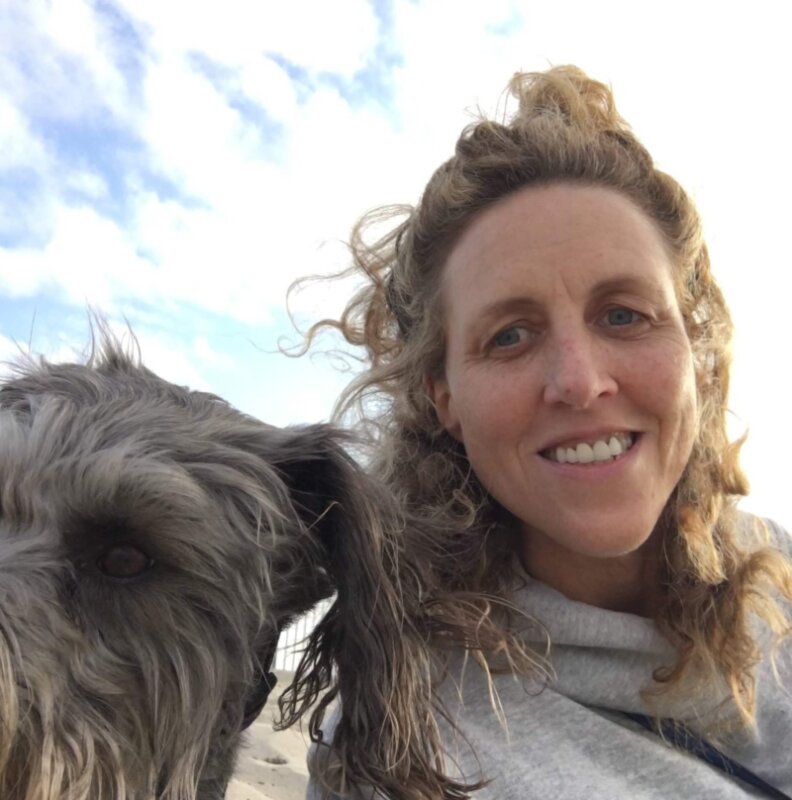Charlotter helps L.A. Times win a Pulitzer Prize

Dakota Smith
There are prizes. And there are prizes.
Then there is the Pulitzer Prize.
For a journalist a Pulitzer Prize is like a Superbowl ring.
It’s a big deal when someone in your state wins a Pulitzer Prize.
It’s a really big deal when someone from your town of just over 3,900 residents wins the Stanley Cup of journalism.
On Monday, May 8, this year’s winners of the Pulitzer Prize were announced. Among those chosen few was Dakota Smith.
Smith may live in Los Angeles and work for the Los Angeles Times, but she grew up in Charlotte and considers it her hometown. Her parents live here.
The award was recognition for months of intensive work by that newspaper’s staff that began in early October when a reporter at The Times learned there was a secret recording of a meeting between members of the L.A. City Council and a labor leader at which racist remarks had been made.
On the recording the city council president and other city lawmakers could be heard talking how they and other Latino politicians would hold onto power. During the discussion, they referred to a white councilman and his Black son in racist terms.
Smith was part of the four-person team of reporters who learned about the recording on a Saturday afternoon and worked through the night, writing a story that was posted just after 9 a.m. on Sunday, Oct. 9.
The revelation of the recording guided the L.A. Times staff to subsequent stories, revealing a racial divide in Los Angeles’ city government and leading to the city council president’s resignation within a week of the story breaking.
This past Sunday, Smith’s editor sent out an email asking for reporters to come to the newsroom to watch when the Pulitzer awards were announced at noon on Monday. “Usually when they do that it’s a sign that somebody is either a finalist maybe or somebody won,” Smith said.
But the newspaper was up for other awards, so she hoped, but didn’t know if, her team had won.
Smith was one of about 100 reporters watching as the nominees and winners were announced. When the announcement came of the newspaper’s win for breaking news reporting, she felt “sheer joy.”
“We had worked so hard on it and it was such a difficult time for the city to watch what people were going through after this audio was released, this horrible audio,” Smith said. “It felt good to be rewarded for our hard work.”
The Pulitzer Prize for breaking news reporting usually goes to events like natural or manmade disasters. For example, last year the prize went to the staff of the Miami Herald for its coverage of the condominium collapse. The year before the award went to the Star Tribune of Minneapolis, Minn., for its coverage of the death of George Floyd at the hands of police and of the reverberations that followed.
She felt it was particularly gratifying for them to win for a government beat like covering city hall.
In 2016, Smith was thrilled when she was hired by the L.A. Times to cover the mayor and city hall after years as a writer and reporter.
She has always had a passion for writing, but it was particularly kindled by an English teacher during her high school years at Northfield Mount Hermon School in Massachusetts.
Writing was natural for her because she has always been curious about “understanding the world through understanding different people’s points of view.”
Her dad, Whit Smith, said his daughter had always written a lot, and since her school days he has believed in her talent.
“You could tell she had a natural ability as a writer,” he said. “Written expression was a clear vocational option.”
She moved to Charlotte with her family when she was 7 and entered the second grade at Charlotte Central School.
Smith has wonderful memories of her childhood, building snow forts behind the school, going to the Old Brick Store for a lemonade on a hot day, watching the ferry come in, playing softball and reading the school menus in The Charlotte News.
“I just encourage everyone to support their local news outlets,” Smith said. “It’s so important for government accountability, that reporters can be watchdogs and city hall can be closely scrutinized.”
As exciting as it was to talk to a Pulitzer Prize winner, the telephone conversation with Dakota Smith had to end — she had another story to finish.

